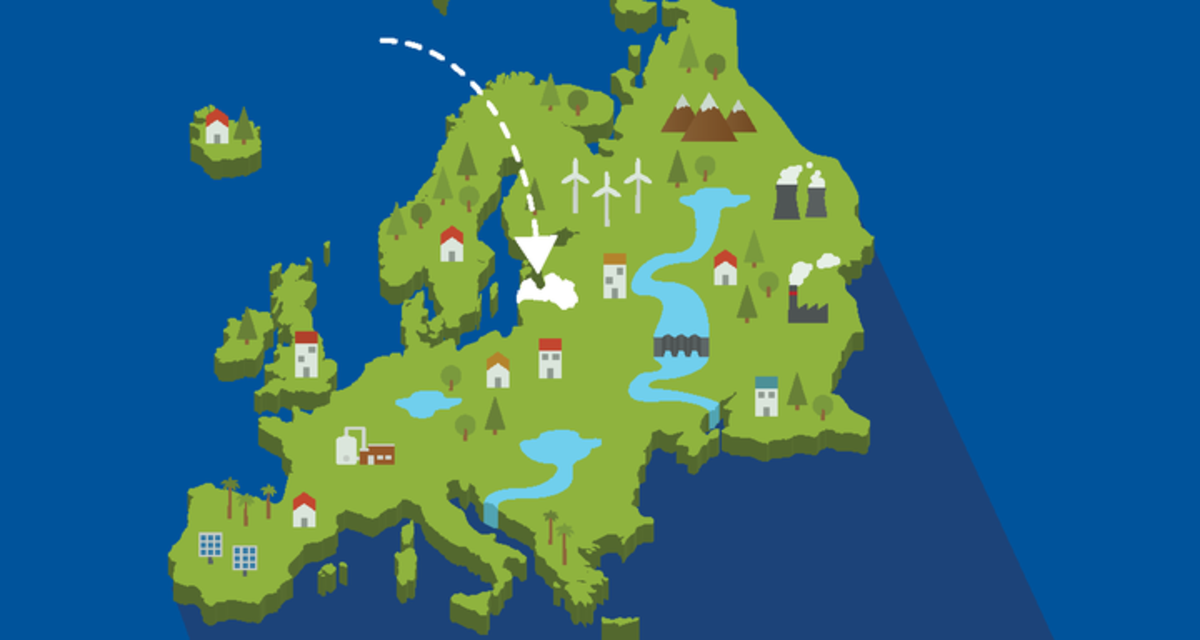
Even though the EU has faced major blows in the latest years – migrant crisis and the UK opting out of the EU, or the “Brexit”, nevertheless, it still remains a successful and good example for the rest of the world, says J. Rozenvalds.
“Let’s remember the reason of EU establishment – the main objective was to preclude a war between Germany and France. After World War II, no serious clashes have taken place in the continent of Europe,” emphasizes J. Rozenvalds.
Today, the EU has turned into the world’s greatest donor, and its role in global context is radically changing – this essential aspect is pointed out by the Dean of the FSS. “One of the ways to stop the migration flow is to provide and advance the growth of the living standard, the so-called economic development, instead of building wire fences and sending ships and boats of refugees back to their countries.”
The new challenges suggest that Europe should change its global foreign policy. Furthermore, development and cooperation policy is one of effective methods to build relations with bordering countries like Ukraine and Belarus, and others like Georgia, Moldova, Uzbekistan, Kazakhstan, China, and India, the Senior Researcher of the Advanced Social and Political Research Institute Visvaldis Valtenbergs agrees with J. Rozenvalds. He points out that in the short period since Latvia has withdrawn from the Soviet Union, it has joined the developed countries’ club as a member state of the Organization for Economic Co-operation and Development (OECD). Consequently, Latvia must increasingly share the responsibility of international level problem solving, and that requires new knowledge and experience.
At the same time, according to J. Rozenvalds, Latvia is an important player for the EU. Notably, significant achievements of Latvian institutions help to raise the capacity of the respective bordering countries’ institutions in the spheres like court administration, customs, food safety and veterinary institutions, supreme audit institutions combating and prevention of corruption, and many more. The State Fire and Rescue Service of Latvia participate in various operations beyond the borders of Latvia. “It is important that these processes are continuous and advancing, because, while helpings others, we strengthen our bonds and increase the impact, which is a major factor for economic development,” explains J. Rozenvalds.
The latest events, which pose significant challenges to the EU, inspired the FSS to create a new study programme “European Integration and Global Development”. The programme is an interdisciplinary study of political science, communication science, and sociology. As stated by J. Rozenvalds, “The students of this programme will become more competent about the structure and functions of the EU and courses will provide them with an insight into the global processes.”
The creators of the new study programme are certain that the audience of the students will be international, because people from countries of rapidly growing economy are interested in both Latvian and European markets, and the approach of the EU countries to governance. “Our experience as a new EU member state involved two different aspects – on the one hand, EU gave us an opportunity to sort out certain tasks, introduce standards, while on the other hand, it bestowed upon us quite bitter life lessons. We are ready to share our experience on encompassing the EU regulations, participating in the EU institutions, and talk about the realities of a small country becoming an EU Presidency country and influencing the decision-making of a large political block,” acknowledges V. Valtenbergs.
Responding to the question whether the new study programme welcomes Eurosceptics, J. Rozenvalds substantiates: “I always tell the students that nobody else but themselves can make their life interesting. The lecturer, of course, provides the materials, but the dynamics of discussion mostly depends on the students. Those with dissenting opinions and doubts are definitely invited to join this study programme. The atmosphere in the faculty is not about ineffective and admiring perception of the European institutions.”
The “European Integration and Global Development” bachelor’s study programme will help to acquire increased competence in the global development and European integration matters, and permit to acquire well-founded opinions to contribute to preserving peace and welfare of individuals, as well as society. Students are invited to apply for the winter enrolment to commence in January, 2018.

 Academic Centre
Academic Centre